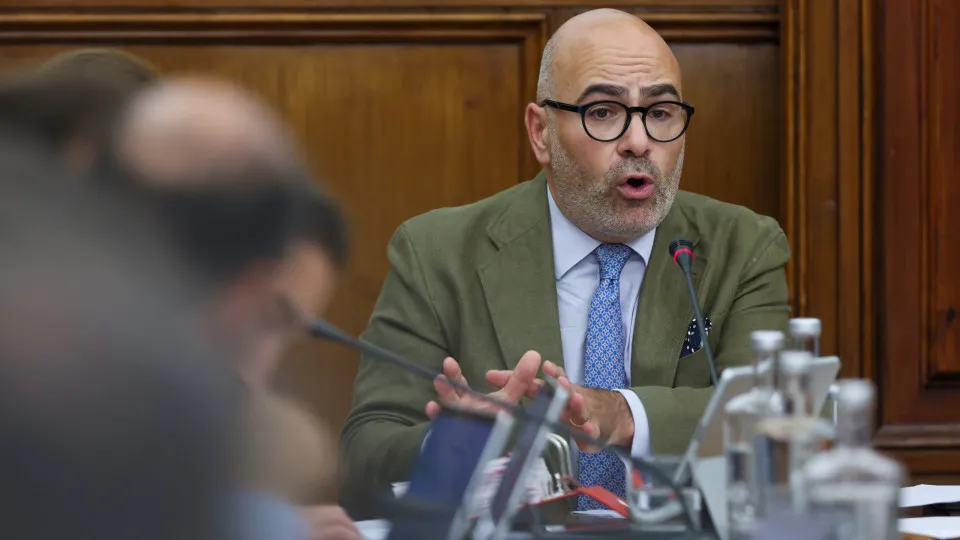
In a parliamentary address, the Minister of Housing clarified that he did not decree “that rents in Portugal will henceforth be 2,300 euros,” emphasizing that benefits for lower rents remain intact.
The recently announced government measure to establish a “moderate rent value” up to 2,300 euros has sparked heated debate in the Parliamentary Committee on Infrastructure, Mobility and Housing, drawing criticism from the left and inquiries from the right.
“We did not decree that rents in Portugal from now on will be 2,300 euros,” stressed the Minister of Infrastructure and Housing, Miguel Pinto Luz, during a routine hearing at the Assembly of the Republic.
“We have not ended the benefits,” he reiterated, noting that the Affordable Rent Program (PAA) continues under the same conditions.
“The name [affordable rent] is gone, but the benefits remain,” he asserted, though he refrained from commenting on whether the benefit, covering rents up to 2,300 euros, might encourage an increase in rents below that threshold.
Pinto Luz further clarified that “in regions of higher pressure, namely Lisbon, Porto, Cascais, and Oeiras,” the government will be “absolutely fair” from a social perspective.
“We are not providing these benefits for luxury, not for the last percentile, not for the last quadrant,” he assured.
“We are providing these benefits for the middle class,” he acknowledged. Anticipating questions about what middle class can afford 2,300 euros for rent, he added: “I don’t want to live in this country where we continue to say that a household income of five thousand euros through husband and wife is rich. They are not rich. And we make policies for them too. We make policies for everyone.”
With the adoption of the “moderate rent value,” the government aimed to “simplify” because “in the housing sector, no one understands,” the minister noted.
The explanations did not satisfy the left-wing members of parliament, although to varying degrees.
The Socialist Party (PS), through deputy Humberto Brito, admitted that the announced measure “does not change anything substantial,” but noted that “it further ignited an already hot market, and that is not the role of the Minister of Housing.”
This is because the government “sent wrong signals to the market,” suggesting that it “considers it acceptable and normal for the middle class in Lisbon to pay 2,300 euros in rent,” which will consequently “lead landlords to increase rents” in that market.
The Livre party, represented by deputy Jorge Pinto, expressed a wish “that a couple earning 5,000 euros belonged to the middle class” and appealed to the minister: “Leave your bubble and meet the reality of Portugal.”
The Communist Party (PCP), represented by Paula Santos, expressed “astonishment” at the new concept of moderate rent, calling it “an affront to the workers.”
The minister reiterated that 2,300 euros “is the ceiling” and assured that families paying less “are all supported,” accusing the PCP of creating “an alternative reality.”
The measure, he outlined, “covers many more levels and many more families,” taking into account that “there are more families with housing problems” and aims to “support all those who need it, not just those who need it the most.”
The minister is confident that “the market will function” and posed a question to the deputies: “With us now having a ceiling above which there is no tax benefit, will rent in Oleiros become 2,300 euros? (…) Let’s not play with the Portuguese. This measure reaches everyone.”
Pinto Luz conveyed his inability to comprehend the response to the measure as “the most immoral and unfair,” considering it merely “a momentary excitement,” as it was simply about “simplifying all existing formulas” into one.
“The measure is clear, simple, with few formulas and covers the entire national territory and the largest number of rents possible,” he noted.
Regarding the measure’s details, the minister mentioned that “the process is being finalized,” committing: “As soon as we have the project finalized, we will clearly share and discuss it.”




